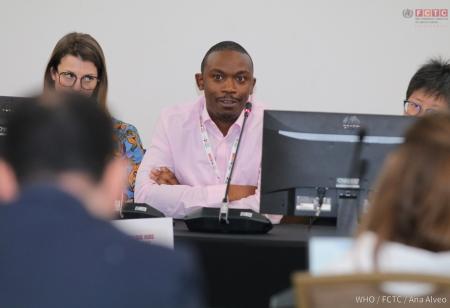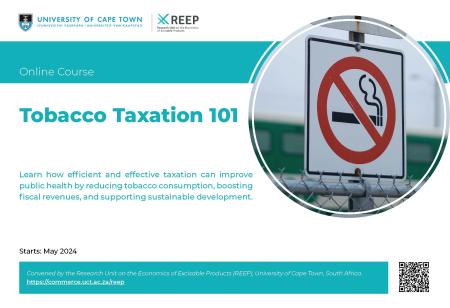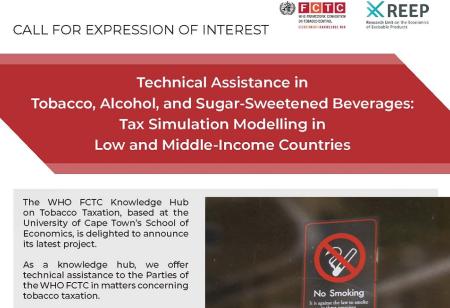

Consider the world thirty years ago. Cigarette smoking was regarded as normal, with people smoking on public transport, in shops, in offices, and in the cinema. Smoking was glamourized on movie screens. In many social circles it was a sign of hospitality to have cigarettes on the table for one’s guests. If people wanted to smoke, they would simply light up, usually without asking permission. Sometimes smokers would ask people around them if they could light up, but it would take a very brave and unconventional person to say “rather not”.
In some high-income countries, there were attempts to discourage smoking. For example, in the US the Fairness Doctrine was invoked to promote anti-smoking adverts in the early 1970s. Some states in the US passed laws that restricted smoking in public places, but generally most people just “sucked it up”.
The charge against tobacco smoking was led by the medical and public health community who saw the health consequences of smoking in their patients. It was believed that more health information and smoke-free areas were the key interventions. If people were told what the negative consequences of smoking were, they would quit, or not start smoking. Some of these early pioneers suggested that an increase in the excise tax would help reduce the demand for cigarettes, but the idea of using increases in the excise tax was largely an afterthought.
While there were some tentative moves to curb cigarette smoking in high-income countries, there were no attempts to implement tobacco control policies in low- and middle income countries. As these low- and middle-income countries opened up to international trade and as average incomes increased, the multinational tobacco companies had a field day in exploiting these new markets. Many countries were all too happy to attract foreign direct investment, even if it was the tobacco industry. Excise taxes on tobacco products were low and cigarettes were cheap.
Fast forward to today. There is now an overwhelming consensus, not only among economists, but also by the public health and medical community that increases in the excise tax is the single most effective measure that can be used to reduce tobacco consumption. That does not suggest that other interventions, such as smoke-free policies, advertising bans, graphic health warnings, and standardised packaging are not effective. They are, and they often form the cornerstone of a country’s tobacco control policy.
Article 6 and the associated Guidelines of the WHO Framework Convention on Tobacco Control (FCTC), the first international health treaty, recognise the importance of tax and price measures in tobacco control policy. There is often a desire among officials in Ministries of Health to raise the excise tax on tobacco products, but some hesitance in the Ministries of Finance to do so. Sometimes there is simply a lack of technical expertise. Sometimes there is lack of political will. Sometimes the tobacco industry has influenced government officials to be opposed to tobacco tax increases, because it may lead to an increase in illicit trade, or because it would hurt the poor, or because the increase in excise tax might result in reduced revenue. These industry arguments are all self-serving and mostly fallacious. They are often made with conviction by smooth-talking “experts” who speak on behalf of the tobacco industry. Often officials in the Ministries of Health do not have the technical know-how and expertise to counter these arguments.
Wary of these barriers to effective FCTC implementation, the WHO Secretariat established Knowledge Hubs that focus their work on technical aspects of specific articles of the Convention, and specifically, on assisting Parties in the implementation of these articles of the Convention.
About two years ago the Economics of Tobacco Control Project at the University of Cape Town was asked by the WHO FCTC Secretariat to become a Knowledge Hub, specifically focused on tobacco tax and illicit tobacco trade. We are delighted to fill this role, because it plays to our strengths as a research project. We are still building the Knowledge Hub, but we hope that we, in partnership with other organisations, we will be able to support FCTC Parties to implement better excise tax regimes. We are very excited by the prospects that this pursuit offers, and we hope that our blogpost series will be a useful tool in communicating the views and work of our Knowledge Hub members to tobacco control community at large.





